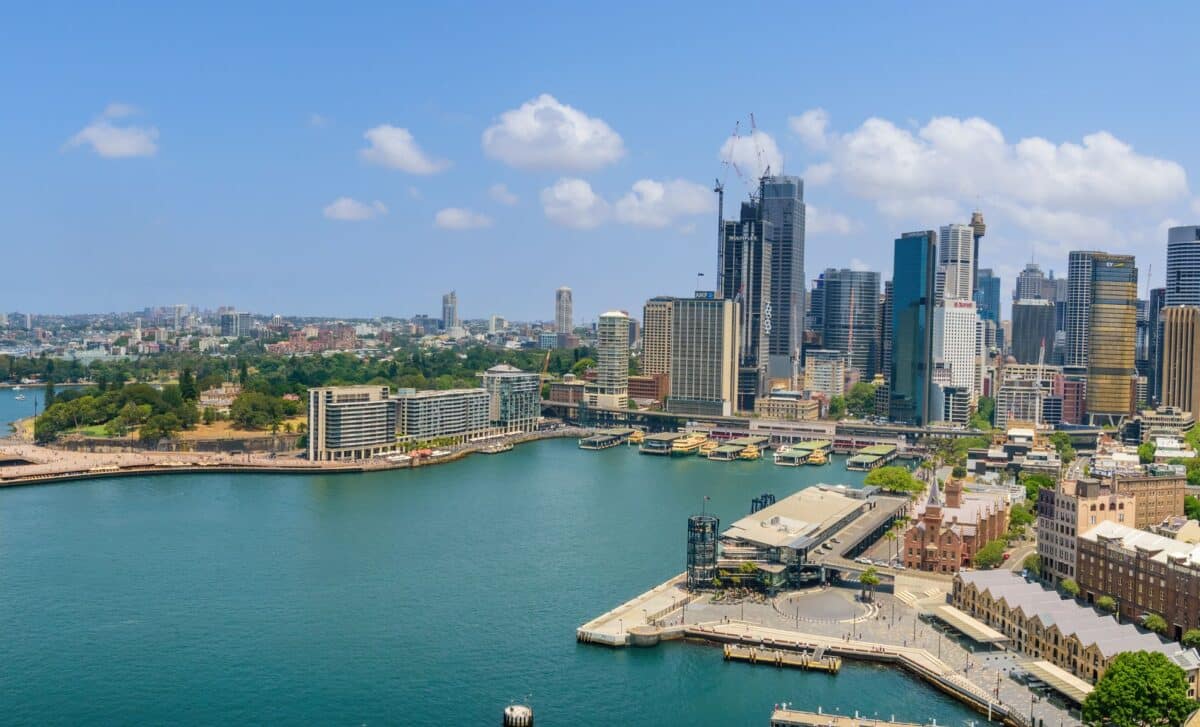Australia’s government has announced a two-year ban on foreign investors purchasing established homes, a measure aimed at addressing the nation’s worsening housing affordability crisis. The restriction, set to take effect on April 1, 2025, will remain in place until March 31, 2027, after which it will be reviewed.
This decision comes as housing costs continue to surge, particularly in major cities like Sydney, where property values have increased by nearly 70% in the past decade.
Housing Affordability Crisis and Political Implications
Australia is among the countries with the least affordable housing worldwide, with soaring home prices and rent hikes placing increasing pressure on residents.
The issue has become a focal point ahead of the upcoming federal election, with the government seeking to present itself as proactive in addressing cost-of-living challenges. Young voters, in particular, have expressed frustration over diminished homeownership prospects, making housing policy a key campaign issue.
The government’s move aligns with a similar pledge by opposition leader Peter Dutton, made in 2024. With an election required by May 17, 2025, polls indicate that the race will be closely contested, with cost-of-living concerns and housing affordability among the top voter priorities.
Expected Impact on Property Prices
Despite the government‘s intervention, analysts suggest that the ban is unlikely to significantly reduce housing prices.
According to the Australian Taxation Office, foreign investors accounted for A$4.9 billion in residential real estate purchases in the 12 months ending June 30, 2023, with established dwellings representing only about a third of that total.
This suggests that while the policy may curb some speculative foreign purchases, it may not be sufficient to address the broader structural issues affecting housing affordability.
The Australian government has also allocated additional funding to the tax office to ensure compliance with the new restrictions. However, new properties and vacant land remain open to foreign investment, allowing for continued foreign capital inflows into the housing market.
Broader Economic and Social Consequences
The rental market is also under strain, with rising rents adding to the financial burden of residents. While the ban targets property ownership, it does not directly address rental supply or housing construction issues, which are critical components of the affordability crisis.
Experts argue that additional measures, such as increasing housing supply and incentivizing development, may be necessary to create lasting relief.
Australia’s decision follows a global trend of nations restricting foreign property purchases amid growing affordability concerns. Canada, for example, implemented a similar ban on foreign homebuyers in 2023, while New Zealand introduced restrictions in 2018.
With housing costs remaining a pressing issue, the effectiveness of this ban will likely be closely monitored, especially as the country approaches a critical election period.
The extent to which foreign investors impact housing accessibility for local buyers and influence broader market trends will be key factors in shaping future policy decisions.









